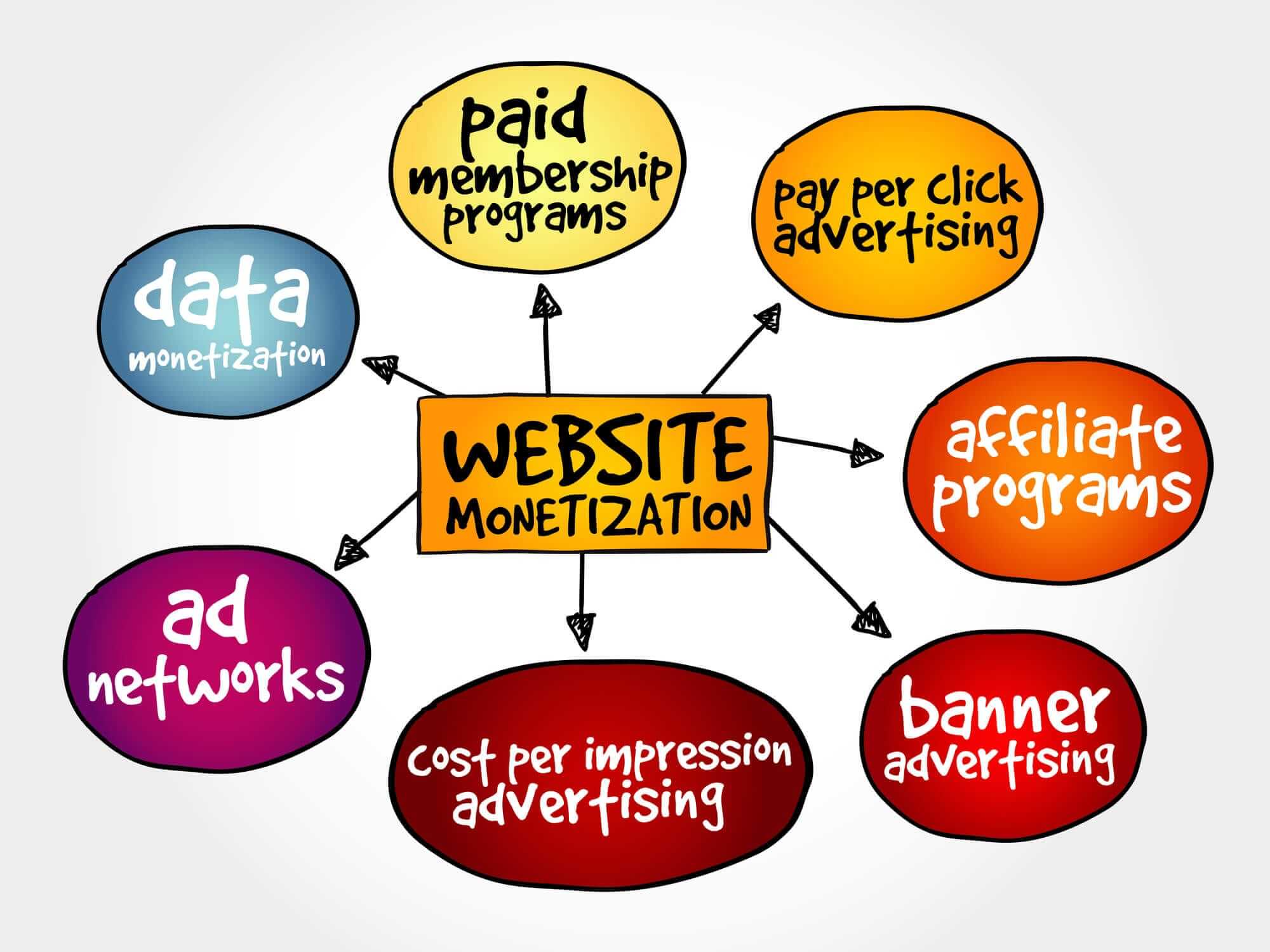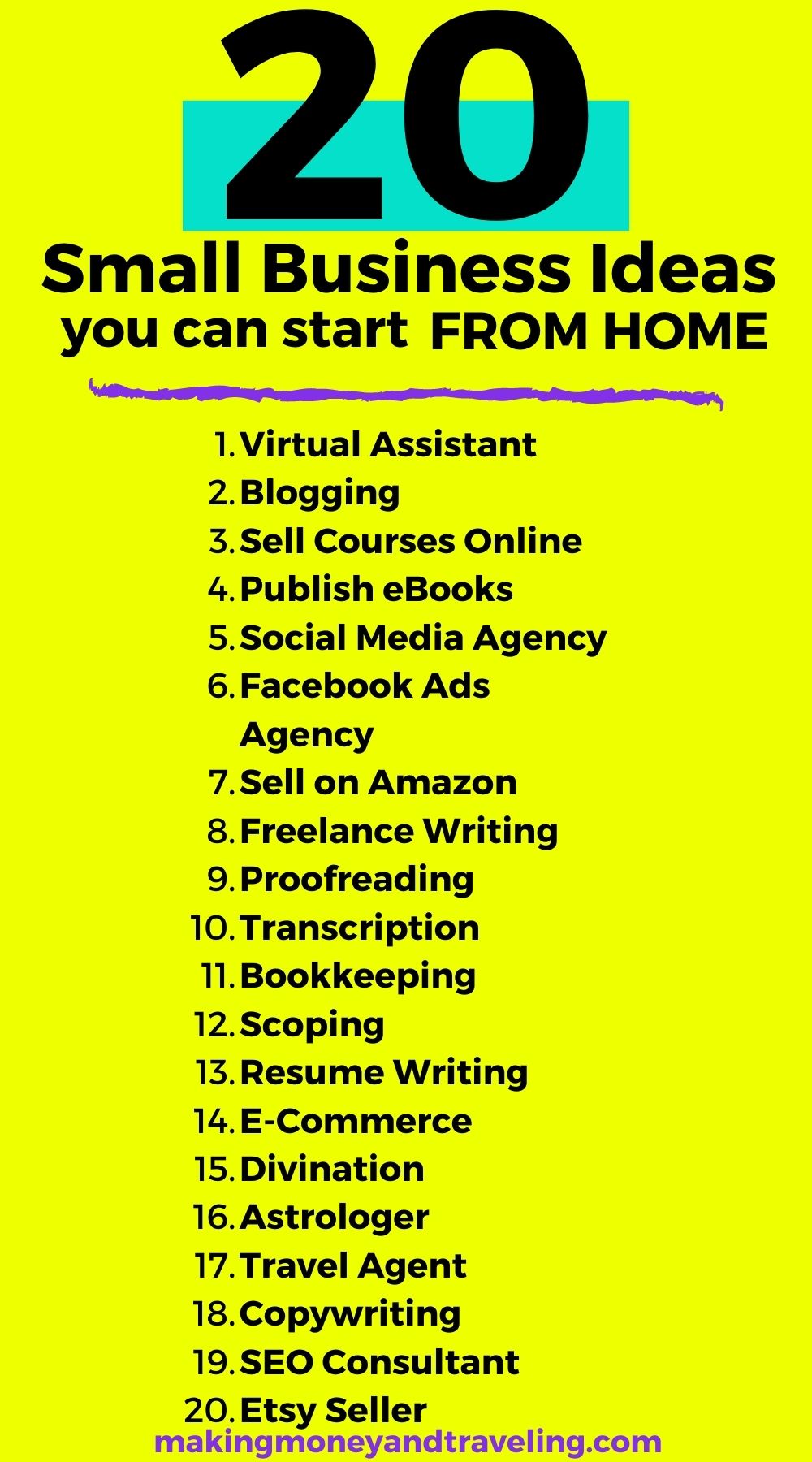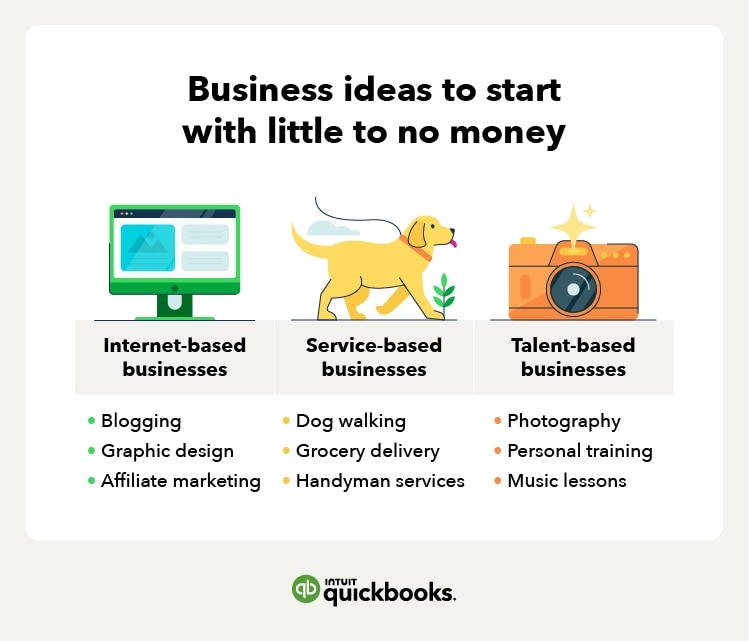What Type Of Business Can I Start With Little Money

The dream of entrepreneurship often feels tethered to substantial capital, leaving many aspiring business owners feeling sidelined. But the reality is, the entrepreneurial landscape is increasingly fertile ground for ventures that blossom from ingenuity and grit, not hefty bank accounts. Is it possible to start a successful business with limited funds?
This article explores the diverse and burgeoning array of business opportunities that require minimal initial investment. We will delve into the essential factors that determine success, navigating the common pitfalls and spotlighting strategies for sustainable growth. We will also touch upon the essential ingredients for turning a shoestring budget into a thriving enterprise.
Service-Based Businesses: Leveraging Your Skills
One of the most accessible avenues for low-cost business ventures lies in service-based industries. These businesses capitalize on existing skills and expertise, minimizing the need for expensive equipment or inventory.
Freelancing, for example, allows individuals with skills in writing, graphic design, web development, or social media management to offer their services to clients remotely. Platforms like Upwork and Fiverr provide a marketplace to connect with potential clients, often requiring only a computer and internet connection to get started. This allows the skills to be immediately monetized.
Tutoring is another viable option, particularly for individuals with expertise in specific academic subjects. Online tutoring platforms eliminate the need for physical space, reducing overhead costs. Skooli and Wyzant are popular platforms for connecting tutors with students.
The Power of Consulting
Consulting offers a path for experienced professionals to leverage their industry knowledge. Business, marketing, or IT consulting services can be provided on a contract basis, generating income without significant upfront expenses. Establishing credibility and networking are key to success in this field.
Creative Ventures: Monetizing Your Passion
The digital age has democratized access to creative pursuits, making it easier than ever to monetize hobbies and passions. E-commerce platforms have facilitated this shift.
Online crafting and handmade goods marketplaces, such as Etsy, provide a platform for artisans to sell their creations without the need for a physical storefront. Jewelry making, knitting, and painting are examples of crafts that can be sold online.
Blogging and content creation offer another avenue for monetization. Building a following through consistent, high-quality content can attract advertising revenue or lead to opportunities for affiliate marketing. Successful bloggers and content creators often invest time and effort into building their brand and online presence.
The Sharing Economy: Leveraging Existing Assets
The sharing economy offers opportunities to generate income by leveraging assets you already own. These can provide passive income streams.
Renting out a spare room or property through platforms like Airbnb can generate income without requiring significant ongoing effort. However, it's important to understand the regulations and legal requirements associated with short-term rentals.
Driving for rideshare services like Uber or Lyft allows individuals to use their personal vehicles to earn money. This option offers flexibility, but it's important to consider vehicle maintenance costs and insurance requirements. Understanding the regulations around rideshare in the local area is paramount.
Challenges and Considerations
While these ventures require minimal initial investment, success is not guaranteed. Marketing and building a customer base are crucial for any business, regardless of its size or budget.
Resourcefulness and adaptability are essential traits for entrepreneurs operating on a shoestring budget. It's also important to manage finances carefully and avoid unnecessary expenses.
According to the Small Business Administration (SBA), many small businesses fail due to inadequate planning and cash flow management. Developing a solid business plan, even for a small-scale venture, is crucial for long-term success.
Looking Ahead: Embracing Innovation
The future of entrepreneurship is likely to be characterized by increased accessibility and innovation. As technology continues to evolve, new low-cost business opportunities will emerge.
Focusing on providing value to customers and building a strong brand will remain essential ingredients for success. Staying informed about industry trends and adapting to changing market conditions is also crucial.
Ultimately, starting a business with little money is about leveraging creativity, resourcefulness, and a strong work ethic. The barrier to entry is lower than ever, empowering individuals to pursue their entrepreneurial dreams, regardless of their financial starting point.













:max_bytes(150000):strip_icc()/start-online-business-with-no-money-4128823-final-5b87fecd46e0fb00251bb95a.png)




